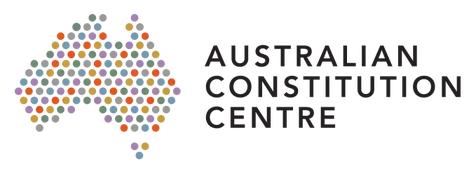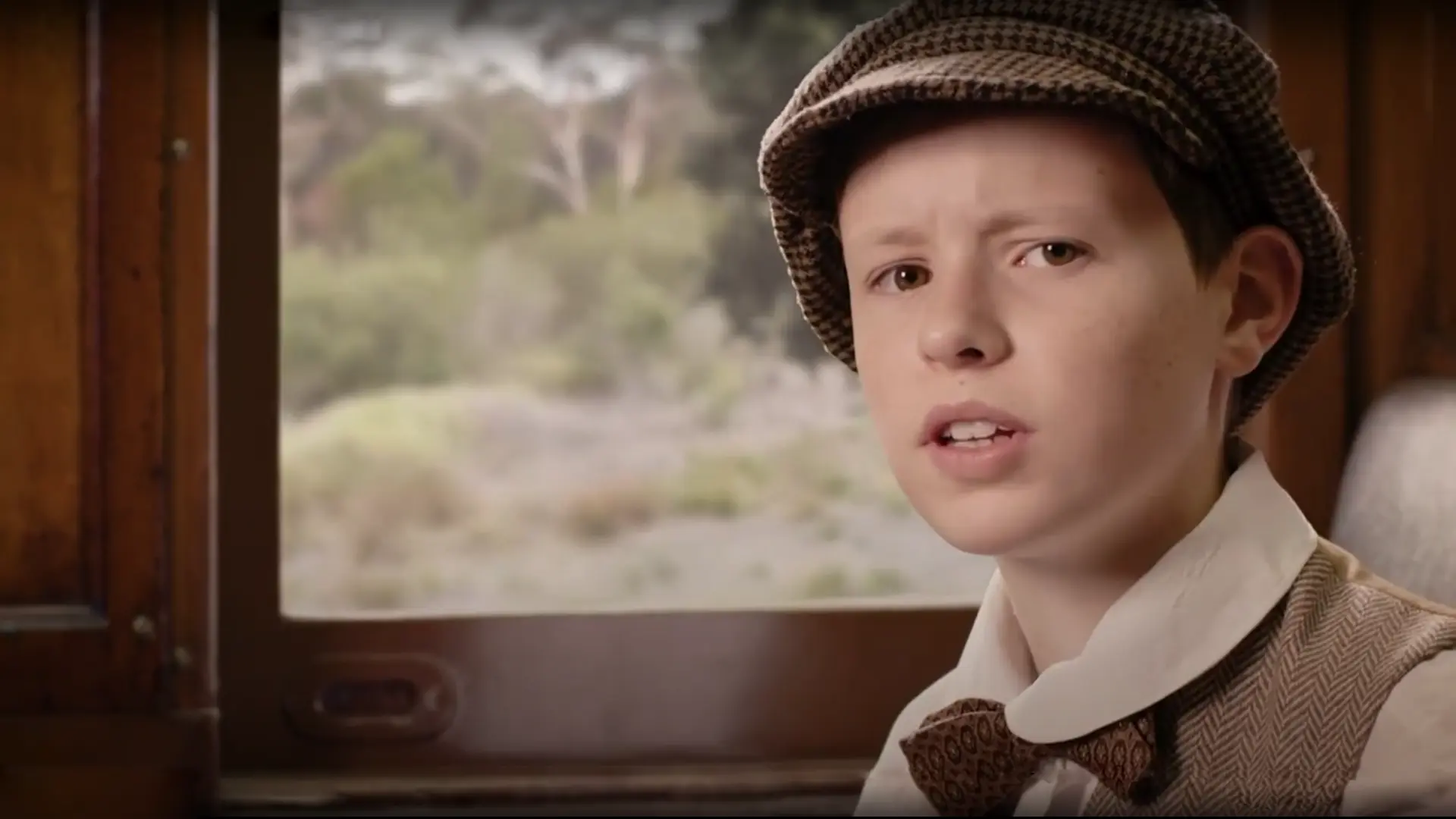Since 1901 it has underpinned our story of nation building through a world history that lurched between war and peace.
The Constitution has been a remarkably successful rule book. It guides us daily as citizens in our communities so we can get on with our lives in a safe and stable system of government.

Before the Constitution came into being, a group of six separate British colonies had to agree to unite. Colonial parliaments had to feel comfortable that they retained enough of their powers. The voting population wanted to pioneer rights such as a fair go in a free and just society. At this time most Aboriginal and Torres Strait Islander Peoples and most women did not have the vote. The writers of the Constitution wanted to entrench foundation principles that would ensure the branches of Government had checks and balances to limit their powers.
We were fortunate to get a Constitution that can evolve and change to meet the needs of a progressing country. Alterations can only happen through a vote by all the people. Yet research suggests many people today don’t understand the importance of our Constitution. We hope our Educational Program and our Exhibition at the High Court, Canberra demonstrate how the Constitution works and that it is a national treasure. Knowledge of our Constitution’s history and story will help you realise what a great system of government we have in Australia. You will also explore how your own life, in your own community, benefits from the Constitution.
The Journey:
How Australia Came To Be
It’s 1901 and Matilda and Banjo are on their way to the party of the century. All the different colonies in Australia have agreed to come together as one country and it’s very exciting. One country, one set of rules, one people. We are all united under something called the Constitution. But how on earth did everyone agree to come together? It’s hard enough to get a family to agree on what to eat for dinner, let alone bring a whole country together.

Schools Civics and Citizenship teaching and learning resources in support of the Australian Curriculum
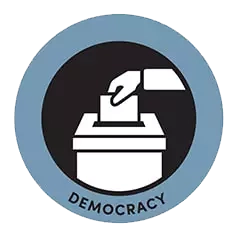

Democracy
- In 1901 the Constitution established the rules for our ongoing democratic Australian Government.
- Voting in elections is at the core of our democracy. But do prisoners have the right to vote?
- Freedom of political discussion is an indispensable concomitant of representative democracy…
Langer v Commonwealth (1996), per Toohey and Gaudron JJ - Representative parliamentary democracy…which the Constitution provides, informs an understanding of…s 44(v)…which includes an obligation to act according to good conscience, uninfluenced by…personal financial considerations
Re Day (No2) (2017), per Kiefel CJ, Bell and Edelman JJ - We can only alter the Constitution by a vote of the people. Do you think we need a referendum on anything today?
- Did you know that Australia was one of the first countries in the world to give women the right to vote?
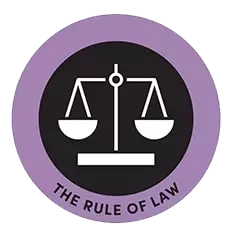
Rule of law
- Everyone is subject to the laws of the land regardless of their status.
- All Australian citizens have the right to a fair trial and are presumed innocent. It is up to the prosecutor to prove that we are guilty.
- No man is punishable or can lawfully be made to suffer in body or goods except for a distinct breach of the law established in the ordinary legal manner before the ordinary Courts of the land.
A.V. Dicey 1885 - It is more proper that law should govern than any one of the citizens…
Greek Philosopher Aristotle 350 BC - The validity of a law…cannot be made to depend on the opinion of the law-maker
Australian Communist Party v The Commonwealth of Australia (1951), per Fullagar J

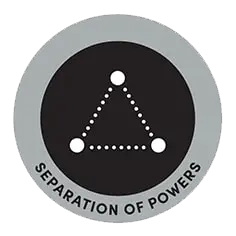

Separation of Powers
- The Separation of Powers in the Constitution divides Australia’s federal level of government into three branches They are the Parliament, the Executive and the Judiciary.
- Each branch or institution of Government has powers outlined in the Constitution. They cannot do anything outside these powers.
- The power struggles between the three branches are the story of our system of government since the Constitution came into being.
- The institutions of Government provide checks and balances on each other. This protects the people of Australia from one person or branch of Government from having too much power.
- How does the High Court of Australia invalidate laws made by the Australian Parliament?
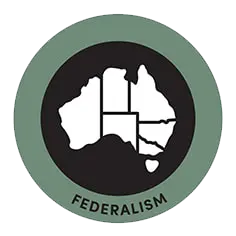
Federalism
- After great debate the colonies joined at federation in one Commonwealth comprised of six States, from which two territories were later formed.
- The Commonwealth Constitution…while it had the effect of federating the colonies of the Australian continent and of raising them to the dignity of States, did not replace the pre-existing Constitutions of the States.
Lumb The Constitutions of the Australian States - Section 106 of the Constitution protected the Constitutions of the States at Federation.
- The Premiers, Chief Ministers and the Prime Minister meet each year to try to cooperatively solve national problems.
- Do you think energy policy should be legislated for by the Statess or Federal Parliaments? Or both working together?

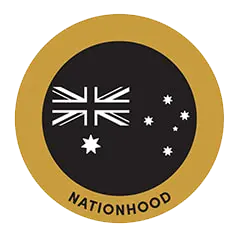

Nationhood
- Our nation, Australia, came into being on 1 January 1901 when the Constitution began to operate.
- Since 1901 our society has changed and adapted. We call this nationhood or nation building.
- Alterations to the Constitution have contributed to Nationhood. For example the 1967 referendum expanded the federal Parliament’s power to make laws for Aboriginal Australians. Our continuing independence from Britain has also enhanced nationhood.
- Did you know that a competition was held to design the Australian flag in 1903? One of the winners was a 14 year old boy.
- Our first Coat of Arms was created in 1908. What’s your favourite symbol that represents Australian Nationhood?

Rights
- Did you know that the Constitution defines and protects only a few express rights?
- The right to a jury is one of the fundamental rights of citizenship and not a mere matter of procedure, and so the courts have said.
Newell v The King (1936), per Latham CJ - Many other rights have been interpreted by the Courts through the words and structure of the Constitution and through the common law.
- Whatever the justification advanced in earlier days for refusing to recognise the rights and interests in land of the indigenous inhabitants of settled colonies an unjust and discriminatory doctrine of that kind can no longer be accepted.
Mabo v Queensland (1992) per Brennan J - Do you think we need a Bill or Charter of Rights in our Constitution?

